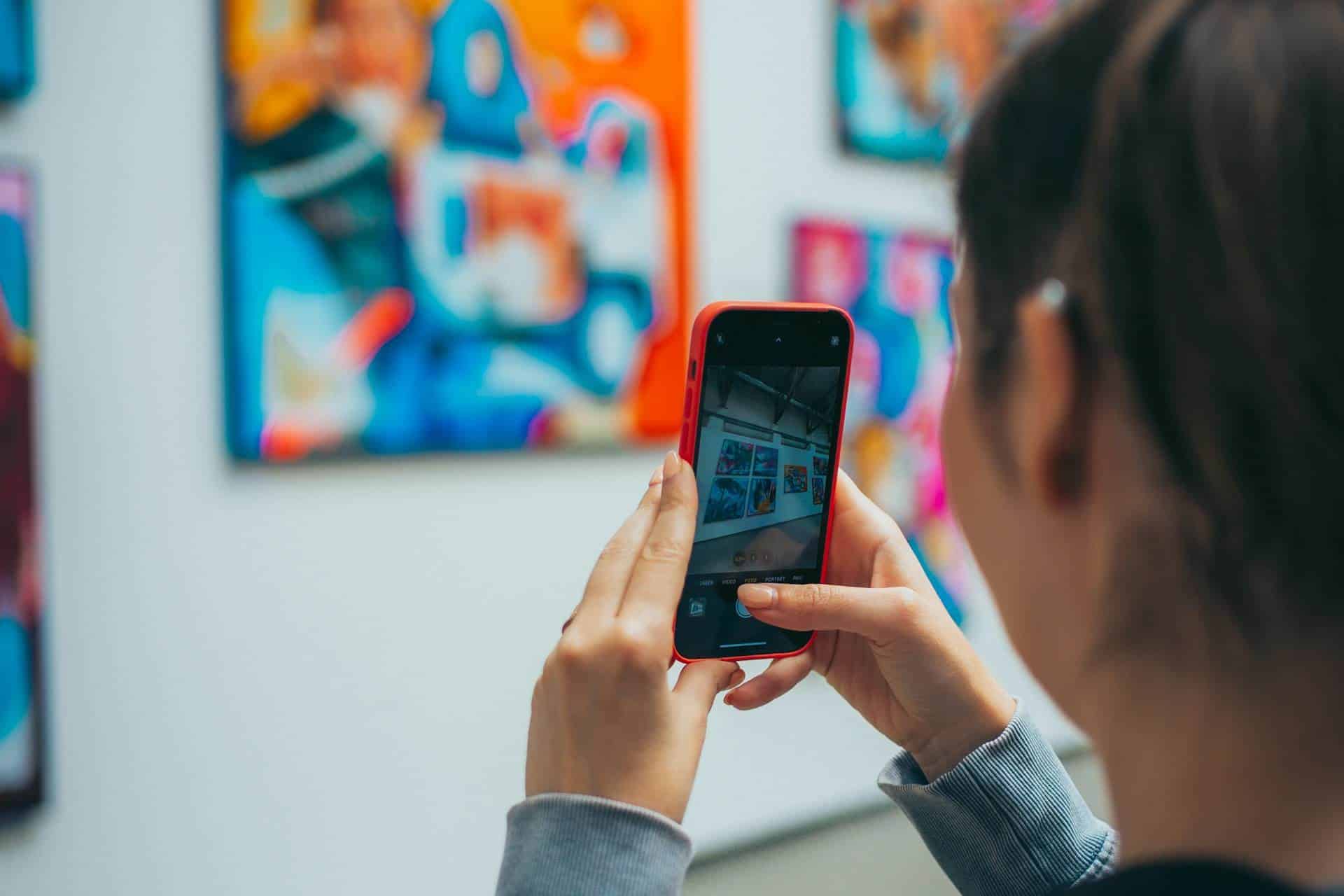Social media has become an integral part of daily life for millions of people around the world. While it offers numerous benefits, including connectivity and access to information, it also has a significant impact on mental health. This article explores the dual nature of social media’s influence, focusing on how it affects individuals dealing with depression and anxiety, and offers actionable steps for navigating the digital landscape in a healthier way.
The Positive Side of Social Media
Social media platforms provide various positive opportunities for individuals struggling with depression and anxiety. These include:
- Support Networks: Social media allows individuals to connect with others who share similar experiences. Online support groups and forums can be a source of comfort and advice for those dealing with depression and anxiety.
- Mental Health Advocacy: Platforms like Instagram and Twitter have become spaces for mental health advocacy, where individuals and organizations share information, raise awareness, and fight stigma. Hashtags like #MentalHealthAwareness and #AnxietyRecovery help create a sense of community and understanding.
- Access to Resources: Social media offers easy access to a wealth of information on mental health, including articles, videos, and posts from professionals. This can help individuals find anxiety help, counseling, and therapy options.
The Negative Impact of Social Media on Mental Health
Despite the positive aspects, social media can also exacerbate feelings of depression and anxiety. Key negative impacts include:
- Comparison Culture: Social media often portrays an idealized version of life, leading individuals to compare their own lives unfavorably with those of others. This can worsen feelings of inadequacy and low self-esteem, contributing to depression.
- Cyberbullying: Negative interactions, such as cyberbullying, can have a severe impact on mental health, leading to increased stress, anxiety, and depressive symptoms.
- Information Overload: The constant stream of information and updates can be overwhelming, contributing to anxiety and making it difficult for individuals to disconnect and relax.
Strategies for Navigating Social Media Healthily
To mitigate the negative impacts of social media on mental health, consider these actionable steps:
- Set Boundaries: Limit the amount of time spent on social media. Use features that track screen time and set daily limits to ensure you are not spending excessive time online.
- Curate Your Feed: Follow accounts that promote positivity and mental health awareness. Unfollow or mute accounts that cause stress, anxiety, or feelings of inadequacy.
- Engage in Digital Detoxes: Take regular breaks from social media to recharge. This can help reduce anxiety and provide a mental reset.
Seeking Professional Help
If social media is significantly impacting your mental health, it may be beneficial to seek professional help. Various forms of therapy can assist in managing the effects of social media on depression and anxiety:
- Cognitive-Behavioral Therapy (CBT): CBT helps individuals identify and change negative thought patterns and behaviors associated with social media use.
- Interpersonal Therapy (IPT): IPT can help improve communication skills and relationships, reducing the negative impact of social interactions on social media.
- Anxiety Counseling and Treatment: Professional counseling can provide strategies and support for overcoming anxiety exacerbated by social media.
Conclusion
Social media’s impact on mental health is multifaceted, with both positive and negative aspects. By setting boundaries, curating your feed, and engaging in digital detoxes, you can reduce the negative impact of social media on your mental health. If needed, seek professional help to develop effective strategies for managing anxiety and depression related to social media use.
As the American Psychological Association notes, “It’s important to take a proactive approach to social media use, ensuring it enhances rather than detracts from your mental well-being.” Embracing a balanced approach can help you navigate the digital landscape more healthily, improving your overall mental health and well-being.






